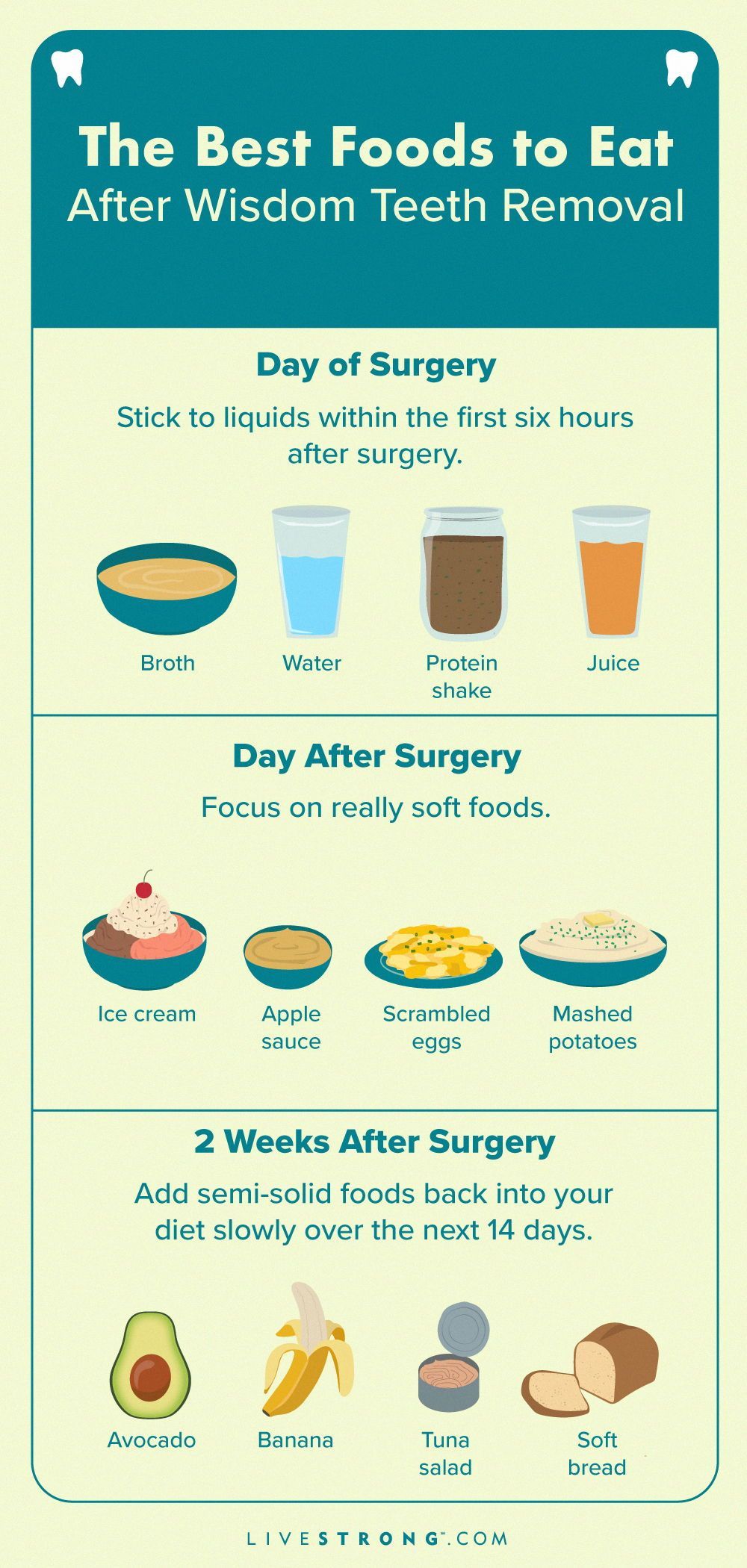Day 6 Wisdom Teeth Removal

The recovery process from wisdom teeth removal is a crucial aspect of the overall experience, and understanding what to expect on day 6 can help alleviate anxiety and ensure a smooth healing process. By this stage, the initial shock and discomfort of the surgery have begun to subside, and the body is actively engaged in the healing process. However, it’s essential to recognize that everyone’s recovery is unique, influenced by factors such as the complexity of the surgery, overall health, and adherence to postoperative instructions.
Physical Recovery on Day 6
On the sixth day after wisdom teeth removal, patients often report a significant decrease in pain levels compared to the immediate post-surgery days. The swelling, which is a common symptom in the first few days, should also start to reduce, although some residual swelling might still be noticeable. It’s not uncommon for the mouth to feel somewhat stiff, and the jaw might ache slightly, especially if the wisdom teeth were impacted or if the procedure was more invasive.
The gums around the extraction site may still appear tender and possibly bruised, but this is a normal part of the healing process. By day 6, the initial blood clots at the extraction sites should have started to dissolve and be replaced by new tissue, marking the beginning of the wound closure process. It’s crucial to avoid dislodging these clots, as they protect the bone and nerve endings, facilitating proper healing.
Dietary Considerations
At this stage, while soft foods are still recommended to avoid discomfort and prevent complications, many patients can start to introduce slightly more solid foods into their diet. Opting for foods that are easy to chew and swallow, such as scrambled eggs, mashed potatoes, and soft fruits, can help in gradually returning to a normal diet. However, it’s advisable to avoid hot, spicy, or acidic foods and beverages, as well as anything that requires vigorous chewing, to minimize irritation to the surgical sites.
Staying hydrated is crucial, but patients should avoid using straws, as the sucking action can dislodge the blood clots. Similarly, alcohol and tobacco should be avoided, as they can hinder the healing process and cause complications.
Oral Hygiene
Maintaining good oral hygiene is vital during the recovery period. While it’s essential to avoid the surgical sites directly, patients can gently brush their teeth with a soft-bristled toothbrush and saltwater, focusing on the areas away from the extraction sites. Rinsing the mouth with warm salt water several times a day can help keep the area clean, reduce swelling, and alleviate pain. However, it’s crucial to follow the specific oral hygiene instructions provided by the dentist or oral surgeon, as these may vary depending on the individual case.
Activity Level
By day 6, most patients can resume their normal activities, albeit with some caution. Heavy lifting, bending, or strenuous exercise should still be avoided, as these can dislodge the blood clots or increase swelling. Gentle walks and light stretching can help improve circulation and aid in the healing process. It’s also important to get plenty of rest, as the body is still recovering from the surgery.
Emotional and Psychological Aspects
The recovery period can also have emotional and psychological implications. Some patients might experience mood swings, depression, or anxiety due to the pain, discomfort, and the inability to perform daily activities as usual. It’s essential to have a support system in place, whether it’s family, friends, or a professional counselor, to help manage these feelings. Engaging in relaxing activities, such as reading, listening to music, or meditation, can also be beneficial.
Conclusion
Day 6 after wisdom teeth removal marks a significant point in the recovery journey. While the body is healing, and the initial shock of the surgery has passed, it’s crucial to continue following postoperative instructions carefully to ensure proper healing and minimize the risk of complications. Understanding the physical and emotional aspects of recovery can help patients navigate this period with greater ease, setting the stage for a full and healthy recovery.
Frequently Asked Questions
How long does it take for the gums to heal after wisdom teeth removal?
+The healing process for the gums after wisdom teeth removal can vary, but generally, the initial healing takes about 1-2 weeks. However, full recovery, including the complete closure of the gum over the extraction site, can take several months.
Can I smoke after wisdom teeth removal?
+It's highly recommended to avoid smoking for as long as possible after wisdom teeth removal. Smoking can significantly hinder the healing process, increase the risk of complications such as dry socket, and lead to a longer recovery period.
How can I manage pain on day 6 after wisdom teeth removal?
+Pain management on day 6 after wisdom teeth removal can include taking prescribed pain medications as directed by your dentist or oral surgeon, applying ice packs to reduce swelling, and maintaining a soft food diet to avoid irritating the surgical sites. It's also important to follow any additional advice provided by your healthcare provider.
Remember, if you experience any unusual symptoms, such as severe pain, excessive bleeding, or signs of infection (e.g., fever, swelling, redness), it’s crucial to contact your dentist or oral surgeon immediately. Prompt attention to any complications can prevent more serious issues and ensure a successful recovery.


